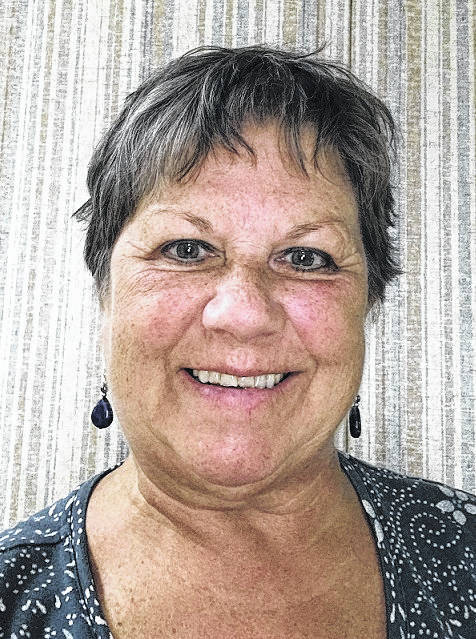Do you get eaten up in the evenings by thousands of blood-sucking mosquitoes? Do you fear going deaf from all the buzzing mosquitoes, which eagerly await your arrival into the yard?
Mosquitoes have been around more than 50 million years and live in every possible environment, from the Arctic to the tropics. North Carolina has more than 50 species.
Many of these are not a problem because they do not attack humans. Each type of mosquito may prefer blood from different kinds of animal — birds, frogs, deer or humans.
The mosquito has four life phases: eggs, larva, pupa and adult. Through these stages, the mosquito changes from a water-dwelling, worm-like creature into a winged, spindly-legged aviator. Mosquitoes lay from 50 to 400 eggs at a single “sitting.” The eggs of some types of mosquitoes are laid on water and hatch in one or two days. Eggs of other types of mosquitoes are laid in places that are dry but will fill with water. These eggs may survive several months before hatching.
Larvae hatch from the eggs and live, feed and grow in the water. This may be a pond, a puddle of water, a ditch, a clogged gutter or an abandoned container or tire. Larvae are called wrigglers and can be up to one-half inch long. The growing larva needs water, food and air. To feed, it hangs upside down beneath the surface. While the head is busy feeding, the tail end supplies oxygen. Two breathing tubes stick out of the water to inhale and exhale air. Fully grown larvae change into the pupae.
Most insect pupae are motionless; the mosquito is unusual because it is active, but it doesn’t feed while changing into its adult self in this stage. The head now takes over breathing with two respiratory trumpets that project from the front part of the body. A large air bubble keeps the pupa afloat, but it dives quickly if a shadow flits across the water’s surface.
Finally, the mosquito emerges from the pupal casing and seeks shelter while its external skeleton hardens. The cycle from egg to adult mosquito may take as little as a week. Soon after becoming adults, male and female mosquitoes mate. The female doesn’t need to mate before each egg batch; in fact, she usually mates only once, early in her adult life. The female stores the sperm in three sperm sacs. As she lays each egg, a sperm fertilizes it, and the cycle begins again.
Only the female mosquito takes a blood meal, this is required to produce her eggs. Adult mosquitoes may live about two to three weeks, but during this time the female can take several blood meals and lay hundreds of eggs.
Mosquitoes are carriers, or vectors, of many diseases around the world. Malaria, yellow fever, dengue fever and filariasis are some of the most common. These diseases are not currently spread by mosquitoes in North Carolina. Occasionally, cases of mosquito borne encephalitis occur in humans in North Carolina. Dog heart-worm is a common disease of dogs carried by mosquitoes.
There are really only two ways to protect yourself from mosquito bites: keep the mosquitoes off you and reduce the number of mosquitoes in your area. To combat mosquitoes,
• Use a mosquito repellent when out at dusk. Repellents with DEET can last one to five hours, depending on the amount of sweating,
• Don’t wear perfume; mosquitoes feed on plant nectar, so perfume draws them.
• Wear light-colored clothing, mosquitoes are especially attracted to red.
• Get rid of standing water, eliminating containers that hold water such as cans, bottles and buckets.
• Change water often in pet water bowls, bird baths.
Visit the Bladen County Cooperative Extension Office, 450 Smith Circle Drive in Elizabethtown for more information or call 910-862-4591. Also ask to get on the Horticulture Scoop newsletter list to receive yard care articles and keep up-to-date on upcoming programs.


